
History of Final Fantasy: Expanding the Universe (Compilation of Final Fantasy VII) - Article
by Taneli Palola , posted on 10 November 2016 / 13,951 ViewsThe unprecedented success of Final Fantasy VII put Square and the team behind the game in something of an unfamiliar position. It wasn't long after release that people began clamouring for more of the world of Final Fantasy VII, but at this time direct sequels or spin-offs hadn't really been considered for the franchise. Final Fantasy VIII was never going to continue the story of Cloud and friends, for example, but that didn't stop fans from persistently requesting a follow-up anyway.
In the end, it took until 2003 for Square to finally announce that it was making a series of games and other releases that would expand upon the story and the world of Final Fantasy VII. These releases would take place both before and after the events in the original game and would be known collectively as the Compilation of Final Fantasy VII.
Filling in the Gaps: Compilation of Final Fantasy VII
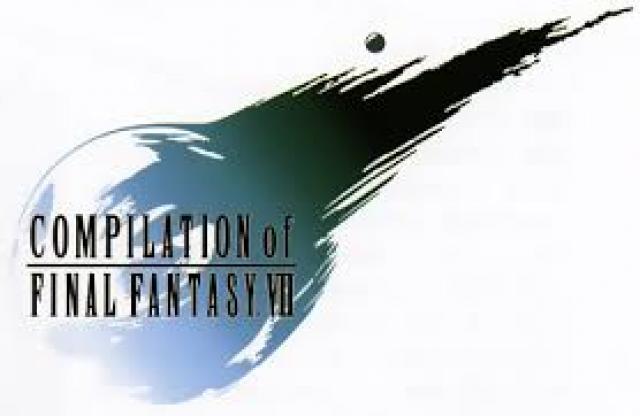
The concept for further stories within the world of Final Fantasy VII was born in 2002, when Yoshinori Kitase and Tetsuya Nomura came up with the idea for Advent Children. However, they quickly came to a realization that one movie would not be enough to completely cover the stories they wanted to tell, and this organically led to plans for three additional titles to be developed.
While Advent Children was the first project that went into production, it actually wasn't the first of the four to be released. That honour goes to Before Crisis: Final Fantasy VII, a Japan-only mobile game set six years before the events of Final Fantasy VII. The game follows the exploits of the Turks - a group of covert Shinra operatives - and their battle against the original, more violent incarnation of AVALANCHE, whose ultimate goal is the destruction of Shinra.
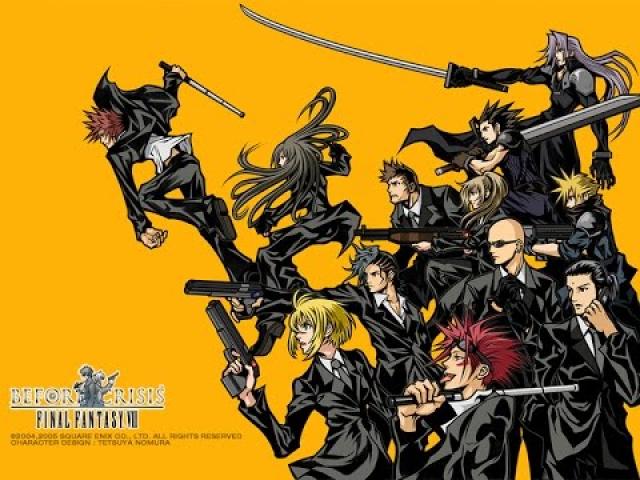
Because the history of the game world was mostly hinted at during Final Fantasy VII the staff had a lot of creative freedom when it came to creating the story and events of the game, and these would later influence and be expanded upon in subsequent releases in the compilation. This was especially true for things like the origin of AVALANCE, the war against Wutai, and the backgrounds of various characters.
The game itself is a 2D action RPG featuring the materia system found in Final Fantasy VII. It was released over 24 episodes, although there were a few additional special episodes from September 24th 2004 onwards. At one point there were also plans to release the game in the west, but those plans ultimately fell apart. The official reason given for this was that western phones at the time weren't powerful enough to handle the game.
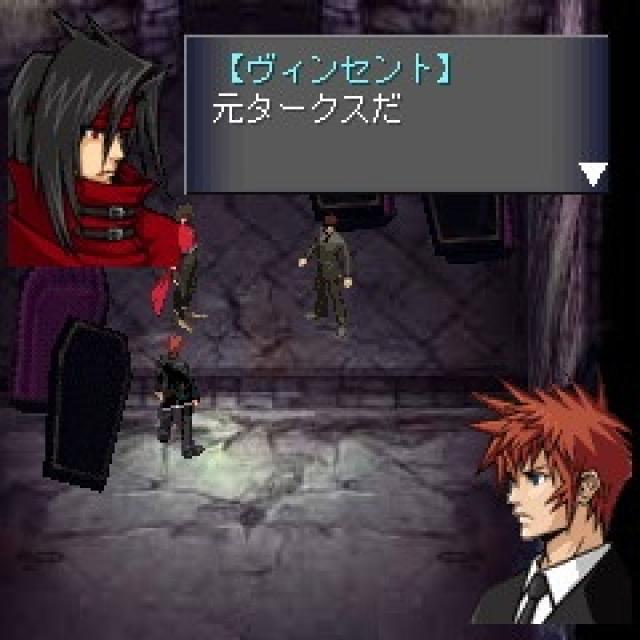
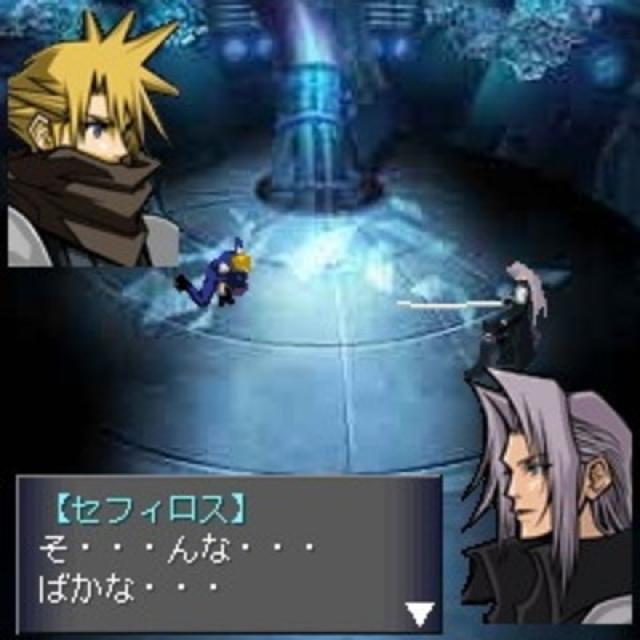
Because of this it is quite difficult to actually say anything concrete about the quality of Before Crisis, as I've never even had the option of playing it. Based on various reviews it seems like Before Crisis is actually fairly good, boasting decent gameplay, an interesting story, and very good graphics for a mobile game. An interesting thing to note is that the music was composed by Takeharu Ishimoto, who would later go on to composed the soundtrack to Crisis Core as well.
The second official release in the compilation was the film that started the whole project – Final Fantasy VII: Advent Children. It was originally meant to be the first release in the compilation, but a lengthy post-production process resulted in significant delays. The major reason for this was that Advent Children was originally supposed to be a short film, but it ultimately transformed into a full feature film during production.
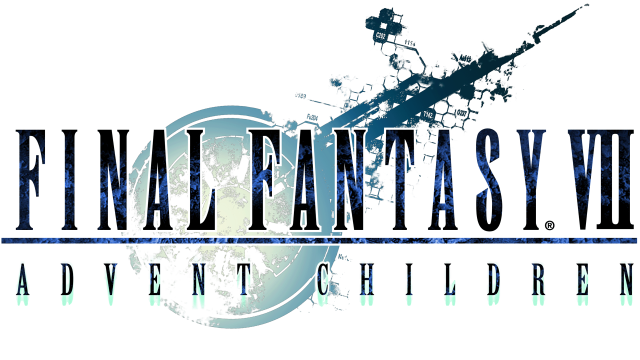
Advent Children was conceived as the story of Cloud and Tifa in order to further develop them and progress their relationship, similar to how Before Crisis had placed its focus on the Turks. The film takes place two years after Final Fantasy VII, showing how the world had changed as a result of the events that took place during the game, and how Cloud in particular had reacted to the changing world around him.
The film was directed by Tetsuya Nomura and produced by Yoshinori Kitase and Shinji Hashimoto, while Nobuo Uematsu composed most of the film's score, which consisted of both original songs as well as rearranged music from Final Fantasy VII.
The film centers around Cloud battling his own personal demons while a group of Sephiroth's remnants are looking for a way to reincarnate him with Jenova's powers. After Sephiroth's defeat at the end of Final Fantasy VII the world had also been ravaged by a mysterious disease known as Geostigma; a disease which Cloud is also suffering from.
Advent Children is a very mixed film. Some aspects of it are absolutely magnificent, while others leave a lot to be desired. Visually it is still a beautiful film to look at, even over 10 years after its original release. The battle scenes in particular are some of the most stunning ever put on film, especially the final fight. I also appreciate the focus on developing Cloud and Tifa.
Perhaps the biggest negative aspect of the film is that its story can be very difficult to follow if you're not already familiar with the original game, but then again it is primarily aimed at the fans of the game, so that's probably to be expected. Perhaps more substantially, outside of Cloud and Tifa, most of the movie's characters receive little in the way of development and for the most part only appear in a few token scenes towards the end of the film to help out in one of the battles. Still, I find Advent Children to be an overall enjoyable if flawed movie.
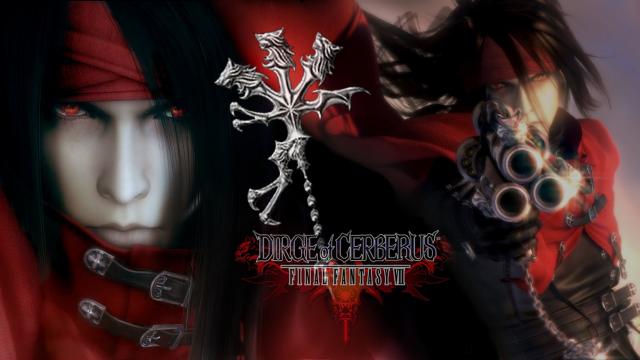
The next core release in the compilation was released in 2006 on the PS2. Dirge of Cerberus: Final Fantasy VII is a third-person shooter with RPG elements set three years after the events of Final Fantasy VII, making it chronologically the last major entry in the overarching storyline of the Compilation of Final Fantasy VII.
Dirge of Cerberus focuses on the story of Vincent Valentine, his past as a member of the Turks, and his relationship with Lucrecia Crescent. In the story a previously unseen Shinra faction called Deepground appears out of Midgar's ruin and begins targeting specific people and capturing them for unknown reasons. One of these people is Vincent, who not only has to battle against the Deepground's most powerful soldiers, but also his inner self.
The team behind the game featured many familiar names, including Tetsuya Nomura, Yoshinori Kitase, and Masashi Hamauzu, who composed the soundtrack. He would later become better known as the composer of Final Fantasy XIII, amongst other things. In addition Dirge of Cerberus featured two vocal themes from the Japanese singer Gackt.
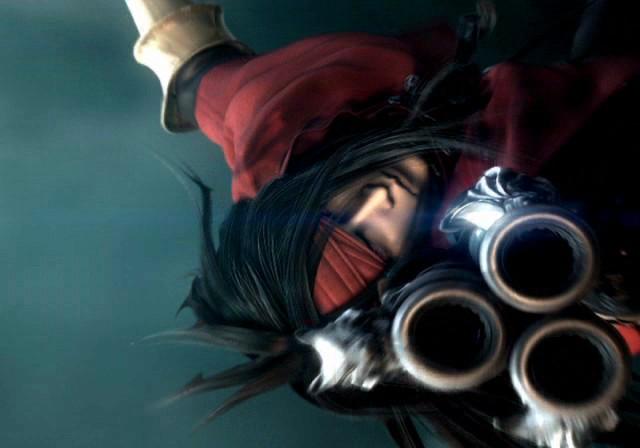
Dirge of Cerberus is, even moreso than Advent Children, a very uneven product. I genuinely like its story and Vincent's character development, but these positives are somewhat undermined by the developers' inexperience with creating shooters. The gameplay is very bland and generic, and there are only a handful of truly interesting or exciting sections to be experienced.
Visually Dirge of Cerberus is a decent looking PS2 title. The FMV cutscenes are naturally beautiful, although that was to be expected from a Final Fantasy title by this point. The music is perhaps the game's most pleasant surprise, at least for me personally, as I had never before heard any of Hamauzu's work.
Overall, I think Dirge of Cerberus is better than its reputation would have you believe. It's not a great game by any means, but it deserves its place within the compilation, even if it is the weakest of the four core releases.
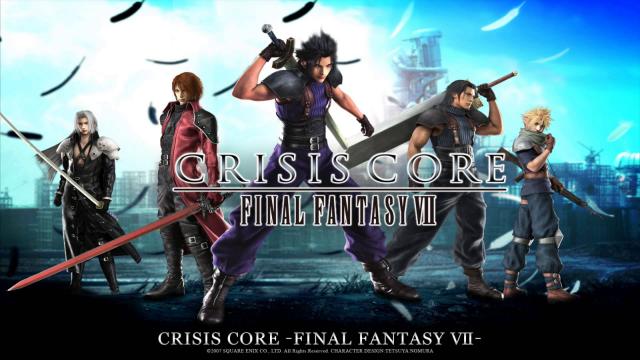
The last of the major releases in the Compilation of Final Fantasy thus far is Crisis Core: Final Fantasy VII, which released in 2007 on the PSP. Crisis Core's story begins seven years before the events of Final Fantasy VII, and ends just before the original game begins. This makes Crisis Core not only the earliest part of the compilation in terms of chronology but also a direct prequel to FF VII.
Crisis Core tells the story of Zack Fair, an important but relatively minor character in the original game. Players follow him from his early days as a member of SOLDIER to his last stand at the borders of Midgar seven years later, while also witnessing his burgeoning relationship with Aerith, the origin of Sephiroth's fall, and the role of Genesis leading up to the events in Final Fantasy VII and other entries in the compilation.
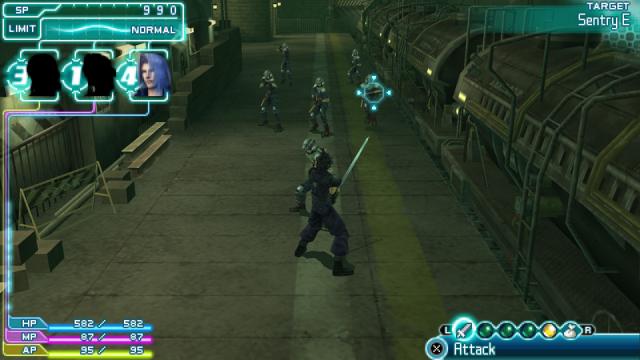
The game was directed by Hajime Tabata and written by Kazushige Nojima (the latter reprising his role from Final Fantasy VII), while the music was composed by Takeharu Ishimoto, who has since become one of the series' most prominent composers. It's a very good soundtrack too, containing numerous memorable songs, including the game's main theme - Price of Freedom. Tetsuya Nomura however took on a more advisory role during production of this particular title as he was busy working on other games at the time.
Crisis Core's combat system is real-time but it adopts elements from the ATB system. Zack's abilities during combat depend on the materia he has equipped. There is also an element of luck in the gameplay as it uses a slot-machine type mechanic called “Digital Mind Wave”, which basically consists of two sets of spinning wheels that grant the player access to special attacks and bonuses, and which also serve as the game's leveling up system.

This does end up being one of Crisis Core's weaker aspects. When random chance is introduced into gameplay that does still to a certain extent depend on a player's skill it can make for a very frustrating experience at times. Such is the case here. When success or failure in a difficult battle is determined by whether you get lucky with the slots or not, for example, a lot of the potential enjoyment of the otherwise well designed system is lost.
Regardless, Crisis Core feels like the most balanced title out of the four releases. There aren't really any huge flaws in the game, and the elements that work are generally really good.
The Best Part
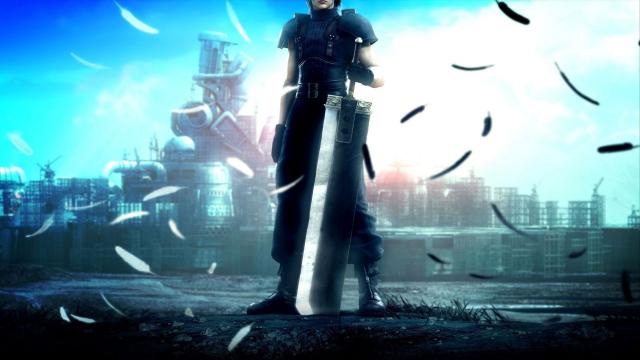
As mentioned above, out of all the releases in the compilation Crisis Core is probably the strongest. It manages to combine both a good story and memorable characters with an interesting gameplay system. All of the other titles feature significant flaws, such as the gameplay in Dirge of Cerberus and the admittedly almost impenetrable story of Advent Children for those who aren't ardent fans of the original Final Fantasy VII.
That being said, it is of course the overarching storyline, which carries through all of the individual entries in the Compilation of Final Fantasy VII, that makes it what it is. In that respect the strongest aspect of the compilation is the fact that it boasts a single overarching storyline. It ties up a lot of loose ends and expands on aspects of the story and characters that were largely overlooked in Final Fantasy VII, such as Vincent and Zack.
The Worst Part

Dirge of Cerberus is probably the weakest entry in the compilation, even though I still found it to be a fairly enjoyable. It has the largest number of problems including, most notably, the gameplay, which just isn't very exciting or interesting. There are certainly some moments that stand out, but as a whole Dirge of Cerberus just doesn't hold up very well.
In terms of the entire compilation, perhaps the biggest problem is the highly uneven quality of the various releases and the fact that there isn't really a feeling of continuity from one release to the next. Dirge of Cerberus, for example, has little or nothing to do with Advent Children, even though the two take place only a year apart from one another. The gameplay of the various games is generally quite weak too, at least when compared with the rest of the series.
Does the Compilation of Final Fantasy VII Hold Up?
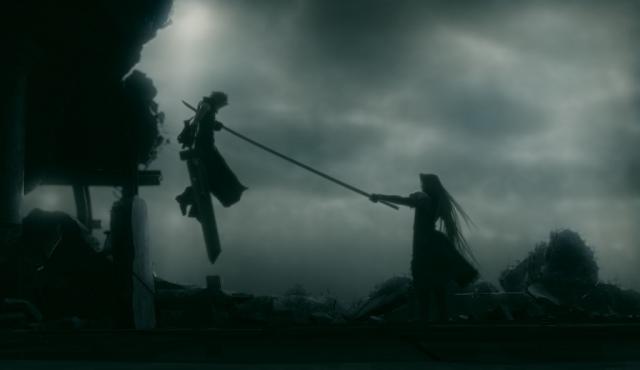
Some of it does, some of it doesn't. While there are certainly a lot of issues to be found in many of the entries in the compilation, I would still say that each one is an enjoyable experience for fans, at least to some extent. Naturally, I can't really say much about Before Crisis as I've never had the opportunity to actually play it, but everything I've read and seen would suggest that it is a good mobile game.
With Advent Children your mileage may vary, depending on what you are expecting from it. The film's animation is gorgeous and holds up even today, and its story and characters are interesting enough to hold your attention. But you'll only really get the most out of it if you're already very familiar with and recently refreshed yourself on Final Fantasy VII's storyline.
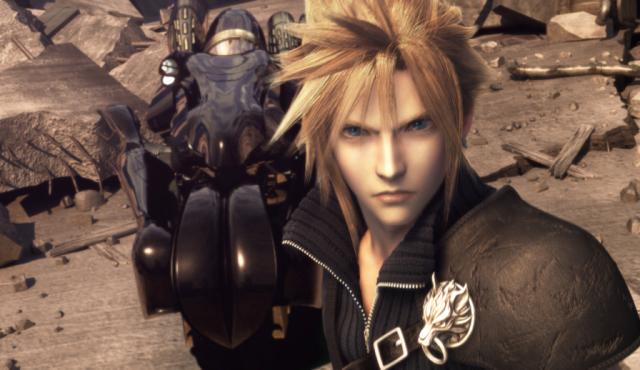
Dirge of Cerberus has the most problems among the releases in the compilation, but I think it is worth playing at least once for its story. The gameplay won't inspire much praise, and the visuals are only passable, but it's not as bad as reviews at the time made it out to be.
Crisis Core, by contrast, is the strongest of the bunch and is also the only one I can really recommend without reservation. It has quite possibly the strongest storyline out of all of the entries; one that doesn't necessarily even need prior knowledge of Final Fantasy VII as it effectively serves as a prequel.
One of the strongest parts of all of these releases is the quality of the voice acting. It really shows that most of the actors had played their parts before - sometimes several times - as they come across as both natural and convincing. The music and animations also deserve praise, holding up well despite the series' high standards.
If you're interested in getting your hands on these games and the film it shouldn't be too difficult, with the exception of Before Crisis. Advent Children is unfortunately the only one with multiple versions available, and here I do recommend Advent Children: Complete, as it boasts a significantly longer running time than the original release and includes various extra features.
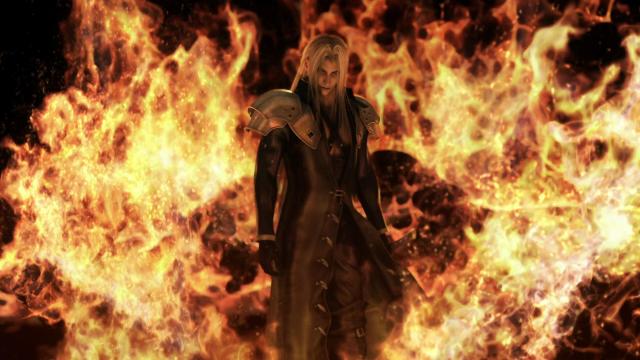
Ultimately, I do strongly recommend playing through the compilation and watching Advent Children, especially if you're a fan of Final Fantasy VII. The order in which you do so doesn't necessarily matter all that much, although I do think you should replay or refresh yourself on Final Fantasy VII before taking on the compilation.
Fun Fact
The abbreviations of each title in the compilation are AC, BC, CC, and DC. This came about largely by accident during production, although not entirely; the original name for Crisis Core was supposed to be Before Crisis Core, but this was changed at some point during production, creating the accidental naming convention that was then embraced by the developer.
Additional Sources:
- Wikia
More Articles
FFVII is so epic, I cannot wait for the remake
Before read this, i want to read the article dedicated to Final Fantasy VII, but i can't find it anymore. I said, i save it for later, and now it seems to have disappeared :(
http://www.vgchartz.com/article/266376/history-of-final-fantasy-a-new-era-begins-final-fantasy-vii/
Here. It accidentally went into the news section rather than the articles when it was published, which is why you probably didn't find it.
http://www.vgchartz.com/article/266376/history-of-final-fantasy-a-new-era-begins-final-fantasy-vii/
Here. When it was originally published it accidentally went into the news section instead of the articles, which is probably why you didn't find it.
Before read this, i want to read the article dedicated to Final Fantasy VII, but i can't find it anymore. I said, i save it for later, and now it seems to have disappeared :(
Played dirge of cerberus, but wasn't that great i hoped for
Yeah, it leaves a lot to be desired. I still enjoyed it for its story and characters though. The gameplay is just lackluster.
Crisis Core deserves to gets an HD remaster. If FF Type-0 can why not CC.








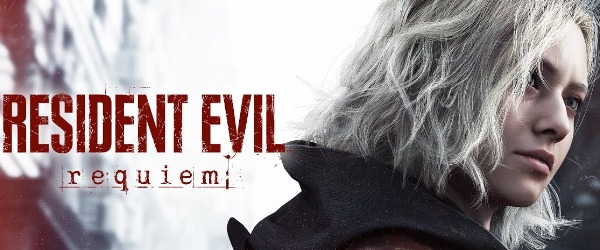
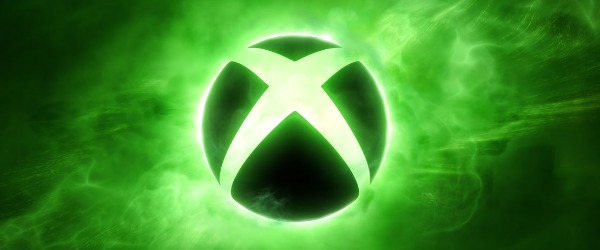
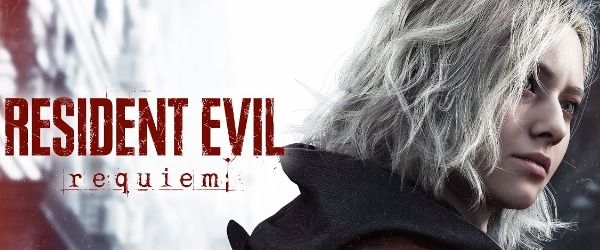
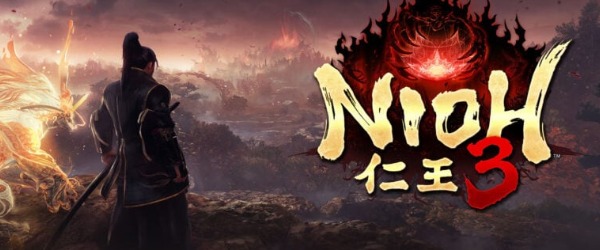










 Essay Pro
Essay Pro